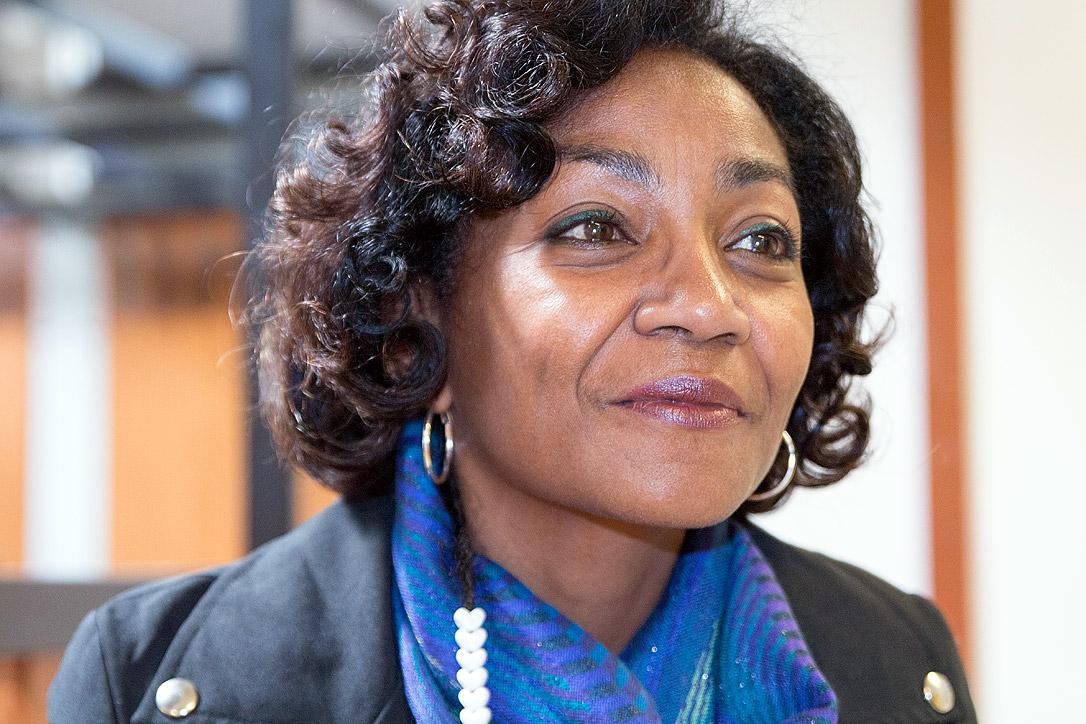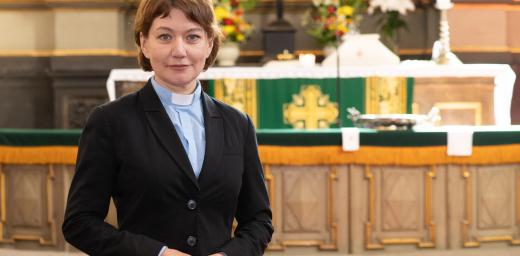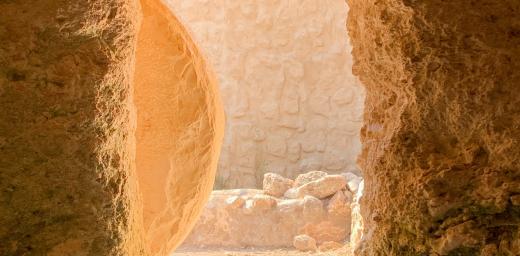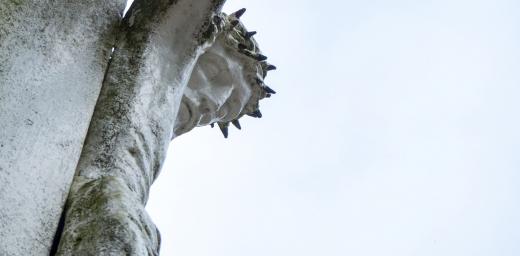Addressing the legacy of fear in Suriname

Rev. Marjory Slagtand, of Suriname, says the church must work to overcome the culture of fear and intimidation that is a legacy of the 1980s military coups. Photo: LWF/S. Gallay
Role as peace builders and advocates for justice is key, says Lutheran leader
(LWI) – When Rev. Marjory Slagtand was growing up in Suriname she had no ambition of becoming a pastor, choosing to study social sciences at university instead.
However, political events were to thwart her ambition. “In 1980, there was a military coup in Suriname and that had a great impact on my life and my faith,” she says. “While I was at university the military regime killed 15 prominent members of society and one of them was a professor who taught me psychology.”
After the university was closed, Slagtand, who is one of four children brought up by a single mother, began a course in theology at the Moravian Theological Seminary in 1982 and won a scholarship to study at the Lutheran Theological Seminary in Amsterdam in 1985.
Five years later she became only the second female pastor in both the Evangelical Lutheran Church in Suriname (ELKS) and in the small South American nation, following in the footsteps of trailblazer Lucretia van Ommeren.
The chair of the ELKS church board was in Geneva recently for an induction for newly elected Lutheran leaders.
Slagtand is the first woman to hold the post of chair of the ELKS church board. She also worked at the country’s psychiatric hospital and provided pastoral care to staff at the Ministry of Foreign Affairs. One of the first challenges she faced as a new church leader was “how to make the structure of the 4500-member ELKS clear” following a separation in the church.
“I have a good team behind me,” the 52-year-old mother of two says. “So we worked on the constitution, stability and structure and now we are at the stage where we can make more small steps.”
Other challenges facing the church include how it connects with one another in a multi-religious and multicultural context, how it addresses issues of social justice and how it responds as peace builders to the culture of fear and intimidation that is a legacy of the 1980s military coups, she says.
In May, Dési Bouterse, Suriname’s former military dictator, was elected for a second term as president. He led a military coup in 1980 and ruled until 1987 and again, following another coup, from 1990 to 1991. Bouterse was accused of involvement in the 1982 murder of 15 government opponents, a claim he denies. An amnesty law passed in 2012 gave him immunity.
Formerly known as Dutch Guiana, Suriname is one of the most ethnically diverse countries in South America, with descendants of Indian contract laborers being the largest ethnic group, followed by Creoles, Javanese and Maroons.
Slagtand’s own background reflects her country’s diversity. Her grandparents on her mother's side were Muslims from Indonesia who converted to Christianity in Suriname.
"But as a child I had influences from other religions. I was used to being among other religions and that openness to others,” she says. “The Lutheran church and theology is also one of openness through grace."
Churches in Suriname need support in order to address issues such as property and land rights among people living in the interior as a result of the gold mining industry, HIV/AIDS, violence against women, and poverty, she adds.
The ELKS is to host the LWF pre-assembly meeting for Latin America and the Caribbean in 2016, the first time it has done so.
(LWI correspondent Moyette Marrett interviewed Rev. Marjory Slagtand during her recent visit to Geneva.)





